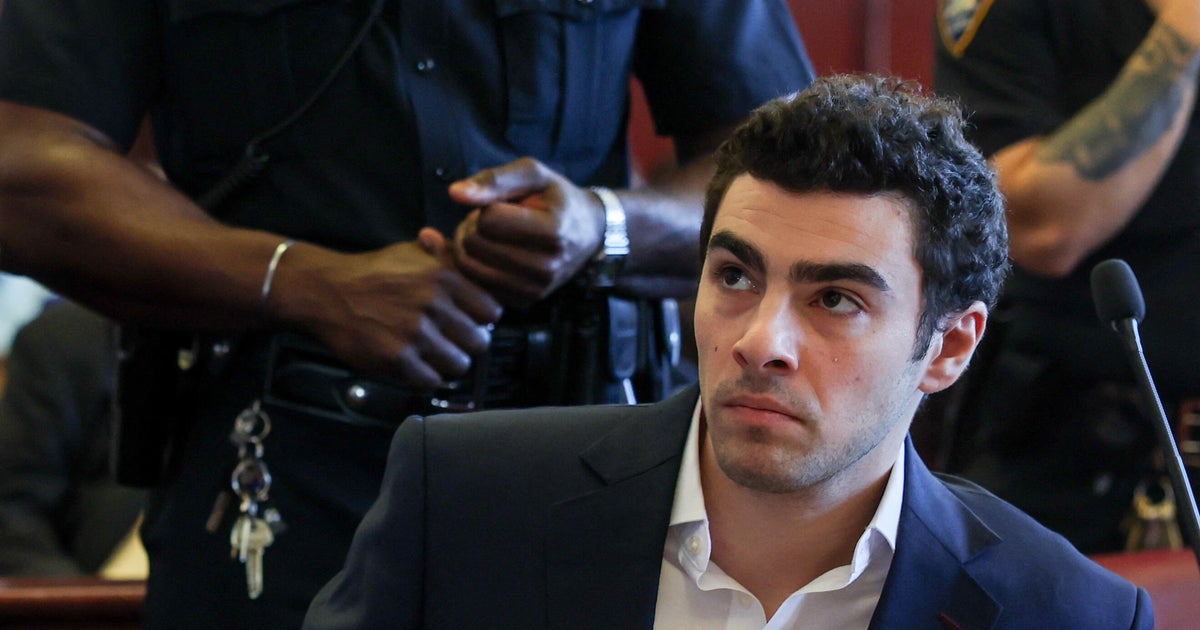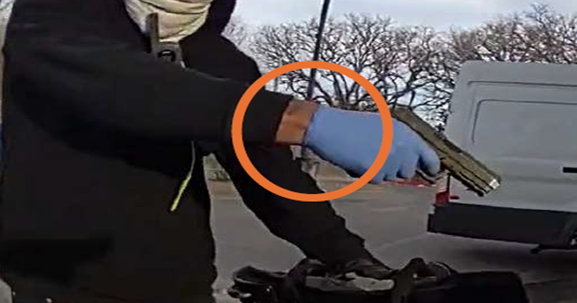GI Charged In WikiLeaks Case Admits Making Noose
FORT MEADE, Md. (AP) -- As a military prosecutor held up a knotted bedsheet in court, Pfc. Bradley Manning acknowledged on Friday that he fashioned a noose and contemplated suicide shortly after his arrest on charges of engineering the biggest leak of classified material in U.S. history.
The pretrial testimony appeared to support the military's argument that it was trying to protect the former Army intelligence analyst from harming himself by taking away all his clothes, keeping him in strict isolation and shackling him when he was outside his cell.
Manning's lawyers argue that the conditions he experienced for nine months at the Marine brig in Quantico, Va., amounted to illegal punishment, lasting well past the time he was having suicidal thoughts, and that the charges against him should be dropped as a result.
On Friday, prosecutor Maj. Ashden Fein produced a knotted, peach-colored sheet from an evidence box on the prosecution table and held it up, displaying a loop in the fabric.
"You made a noose out of this?" he asked Manning.
"Yes," the soldier replied.
Manning, 24, said he fashioned the noose while being held in Kuwait soon after he was accused in May 2010 of leaking reams of military and diplomatic documents to the website WikiLeaks. He said his time in Kuwait was the lowest he felt during his entire confinement.
When he was transferred to the brig at Quantico in July 2010, he said, he wrote on his intake form that he was "always planning and never acting" on suicidal thoughts. He was classified a suicide risk for eight days, then upgraded to the less-restrictive "prevention of injury" status.
Manning maintains that neither designation was appropriate because he didn't feel like hurting himself after leaving Kuwait.
Quantico commanders kept the restrictions in place despite repeated recommendations by brig psychiatrists that they be eased. Among other things, Manning was given scratchy, suicide-prevention bedding, and sometimes all his possessions, including his underwear and eyeglasses, were removed from his cell.
Manning testified that he stood naked at attention during a morning head count one day after a guard appeared to object to his use of a blanket to cover himself. He said he had been put on "suicide risk" the previous day, and stripped of all his clothes at night, after he told a guard that if he really wanted to kill himself, he could do it with his underwear.
The testimony came on the fourth day of the hearing and marked the first time Manning came face-to-face with prosecutors in court. The hearing is expected to continue into the weekend.
The 5-foot-3 soldier looked youthful in his dark-blue dress uniform, close-cropped hair and rimless eyeglasses. He was animated, often speaking in emphatic bursts, swiveling in the witness chair and gesturing with his hands. More than a dozen supporters were in the courtroom.
Fein, the prosecutor, said that during eight visits Manning received when he was in brig, the soldier either said he was doing fine or didn't complain about his conditions.
In one recorded visit, a friend asked Manning if he had to perform hard labor. Manning responded that he just had to sit a lot.
"It's not that bad, like people back in the Victorian age. Because you can just sit there and think a lot," Manning said, according to a transcript read by the prosecutor.
Manning appeared more relaxed on the stand Friday than the day before, when he said he felt like a caged animal while jailed in Kuwait and thought he would die in his cell.
At times he flashed a broad smile and drew laughter from the courtroom. At one point he was asked why he requested new underwear and socks.
"The ones I had were from my deployment. They still smell like Iraq," Manning said.
Manning, who was an intelligence analyst in Baghdad in 2009 and 2010, is charged with 22 offenses, including aiding the enemy and violating espionage and computer security laws. He could get life in prison.
He is accused of sending WikiLeaks more than 250,000 diplomatic cables, classified memos, Iraq and Afghanistan war logs, Guantanamo Bay prison records and a 2007 video clip of a U.S. helicopter crew gunning down 11 men who were later found to have included a news photographer. The Pentagon said its troops mistook camera equipment for weapons.
Manning has offered to plead guilty to eight of the charges, but the military judge presiding over the case has yet to decide whether to accept the plea.
(Copyright 2012 by The Associated Press. All Rights Reserved.)







